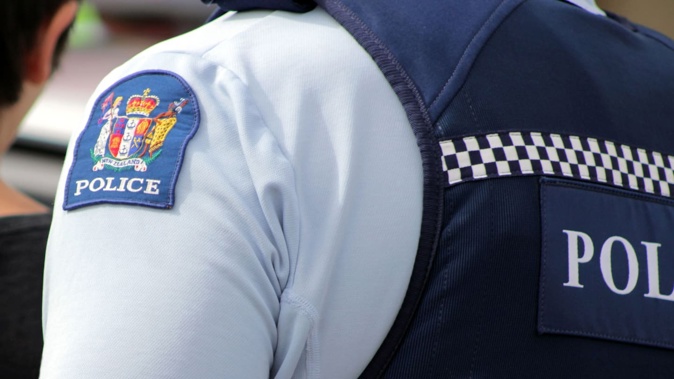
The Government has announced changes to the way police respond to mental health call-outs.
From November, a handover process for voluntary mental health assessments in emergency departments will begin between the police and Health New Zealand.
A new higher threshold will also be implemented for police attendance at mental health facilities and when assisting with transportation requests.
“People in mental distress are not criminals,” Mental Health Minister Matt Doocey said.
“Those seeking assistance deserve a mental health response, rather than a criminal justice response.”
Doocey said for too long, those seeking crisis support had often been met by a uniformed officer, which can cause further distress.
“Ultimately, we want to ensure people are getting the right care, at the right time, from the right people, and that our frontline officers have more time to focus on core policing and delivering the services expected of them to keep communities safe.”
Police did an outstanding job with “great empathy” but were not trained mental health experts.
“The shift requires a careful, measured approach and I am very supportive and assured of the joined-up efforts Police and Health are taking to get there.”'
 Mental Health Minister Matt Doocey. Photo / Mark Mitchell
Mental Health Minister Matt Doocey. Photo / Mark Mitchell
Police said earlier this year that over the past decade, the number of mental health events officers attended increased by more than 150% to 77,043 in the previous financial year.
The vast majority were “low to moderate risk in safety” and “do not require a police presence”. Officials wrote in one ministerial briefing previously reported by the Herald that officers would sometimes sit for hours with distressed people in EDs waiting for them to be assessed.
Ministers and officials were starting to push for a transition to health services when Labour was in office, with then-Police Minister Stuart Nash in March last year telling then-Health Minister Ayesha Verrall that his preference was for police to be involved only if there was an “immediate risk” to safety.
The Police Association in June said the handover process was taking too long.
”This isn’t a police role, it’s a health role,” said president Chris Cahill.
“People in mental distress are not criminals. Police should only be involved when there is a risk to someone’s safety. They cannot sustain the demand that is happening and be continually pulled away from core policing.”
Julia Gabel is a Wellington-based political reporter. She joined the Herald in 2020 and has most recently focused on data journalism.
Jamie Ensor is a political reporter in the NZ Herald Press Gallery team based at Parliament. He was previously a TV reporter and digital producer in the Newshub Press Gallery office.
Take your Radio, Podcasts and Music with you









